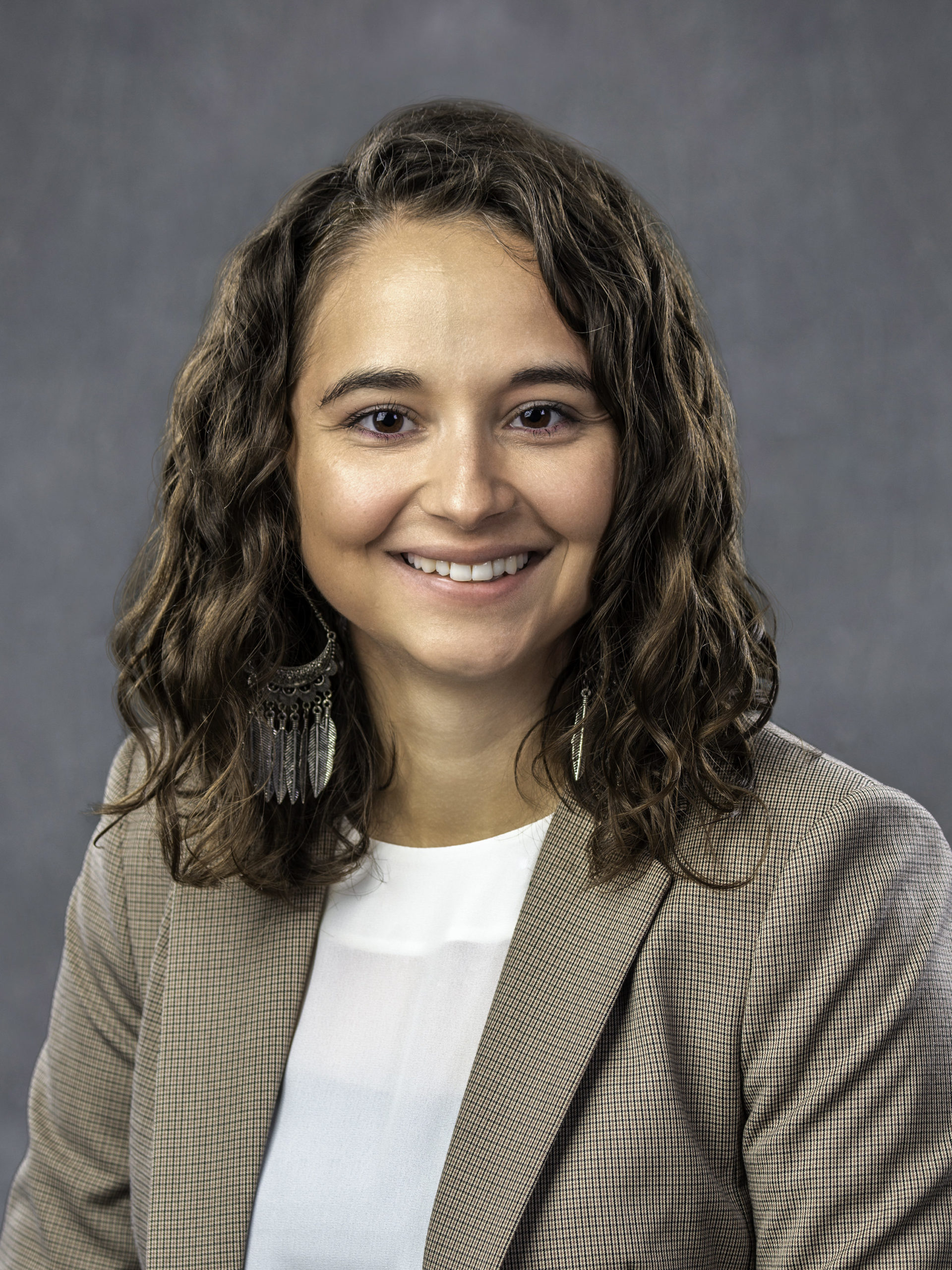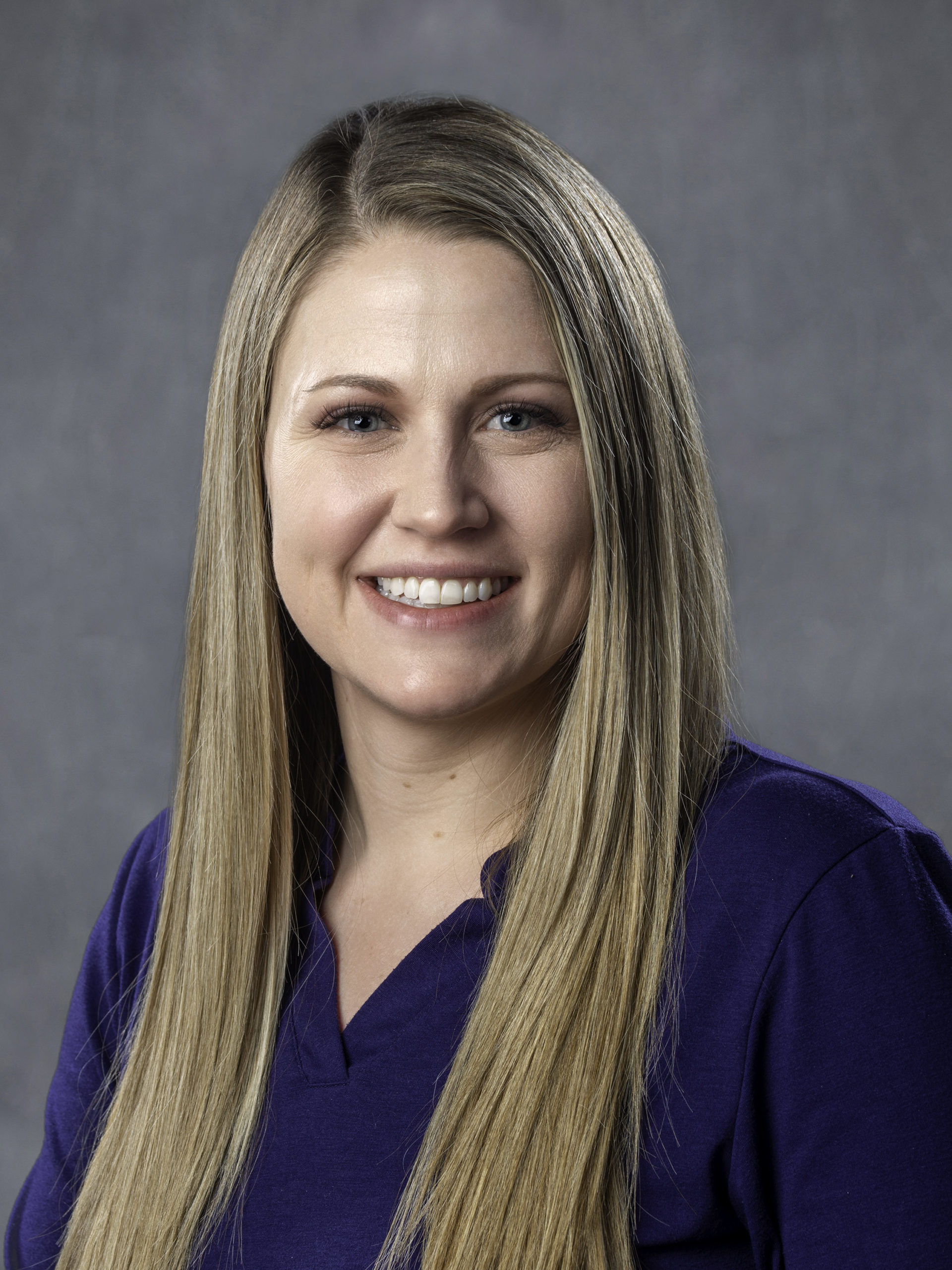Youth Mental Health First Aid
Youth Mental Health First Aid (YMHFA) is a one-day, in-person or virtual training designed to teach parents, family members, caregivers, teachers, school staff, peers, neighbors, health and human services workers, and other caring citizens how to help an adolescent (age 12-18) who is experiencing a mental health or addictions challenge or is in crisis. Youth Mental Health First Aid is primarily designed for adults who regularly interact with young people. The course introduces common mental health challenges for youth, reviews typical adolescent development, and teaches a 5-step action plan for how to help young people in both crisis and non-crisis situations. Topics covered include anxiety, depression, substance use, disorders in which psychosis may occur, disruptive behavior disorders (including AD/HD), and eating disorders
Mental Health First Aid
Mental Health First Aid (MHFA) is a one-day, in-person or virtual training appropriate for anyone who wants to learn about mental illnesses and addictions, including risk factors and warning signs. This training teaches participants a 5-step action plan to help a person in a mental health or substance use crisis or challenge connect with professional, peer, social and self-help care.
Mental Health First Aid training can help those who regularly engage with individuals who may experience mental health challenges and is most appropriate for audiences with no prior training or experience with mental health or substance use. Using scenarios, activities and role playing, participants are given the opportunity to practice their new skills and gain confidence—making it easier to apply these skills in a real-life situation.
Applied Suicide Intervention Skills Training
Applied Suicide Intervention Skills Training (ASIST) is a two-day, in-person interactive workshop or available in an online abbreviated format. ASIST teaches participants to recognize when someone may have thoughts of suicide and work with them to create a plan that will support their immediate safety. Although ASIST is widely used by healthcare providers, participants don’t need any formal training to attend the workshop—anyone 16 or older can learn and use the ASIST model. Studies show that the ASIST method helps reduce suicidal feelings in those at risk and is a cost-effective way to help address the problem of suicide.
Management of Aggressive Behaviors
Management of Aggressive Behaviors (MOAB®) is an in-person training with a variety of session options, including a 4-hour, 8-hour, or two-day course option. MOAB® presents principles, techniques and skills for recognizing, reducing and managing violent and aggressive behavior. The program also provides humane and compassionate methods of dealing with aggressive people. MOAB® techniques provide research based nonverbal, verbal and physical skills as well as personal defense and safety skills. MOAB® goes beyond the strategies for preventing and diffusing a crisis. It addresses the multitude of crises and stages of conflict to help calm people and diffuse anxious or aggressive behavior.
Community Health Worker Training
The Montana Community Health Worker (CHW) training provides the knowledge and skills necessary to become a Community Health Worker. The instructor-guided curriculum takes approximately seven weeks (85 hours) to complete and consists of four online or in-person 15-hour learning modules and a 25-hour on-the-job supervised experience taken at the completion of the four modules. Each module contains written content, videos, application activities, case studies and reflective journaling. An individual will gain skills in the following areas: professional skills and conduct, communication, self-care, interpersonal relationships, outreach, navigation and coordination, organization, advocacy, capacity building and teaching. The CHW training is facilitated by an instructor and provides a certificate upon completion. The CHW Training Overview includes a summary of course modules and learning outcomes.
*A trainee must be sponsored by an employer prior to beginning the training, as a 25-hour supervised experience is required.
Interested?
Fore more information on the availability of these trainings and others, please visit the Montana Office of Rural Health/AHEC website: Behavioral Health Workforce Education & Training – Montana Office of Rural Health and Area Health Education Center | Montana State University.



